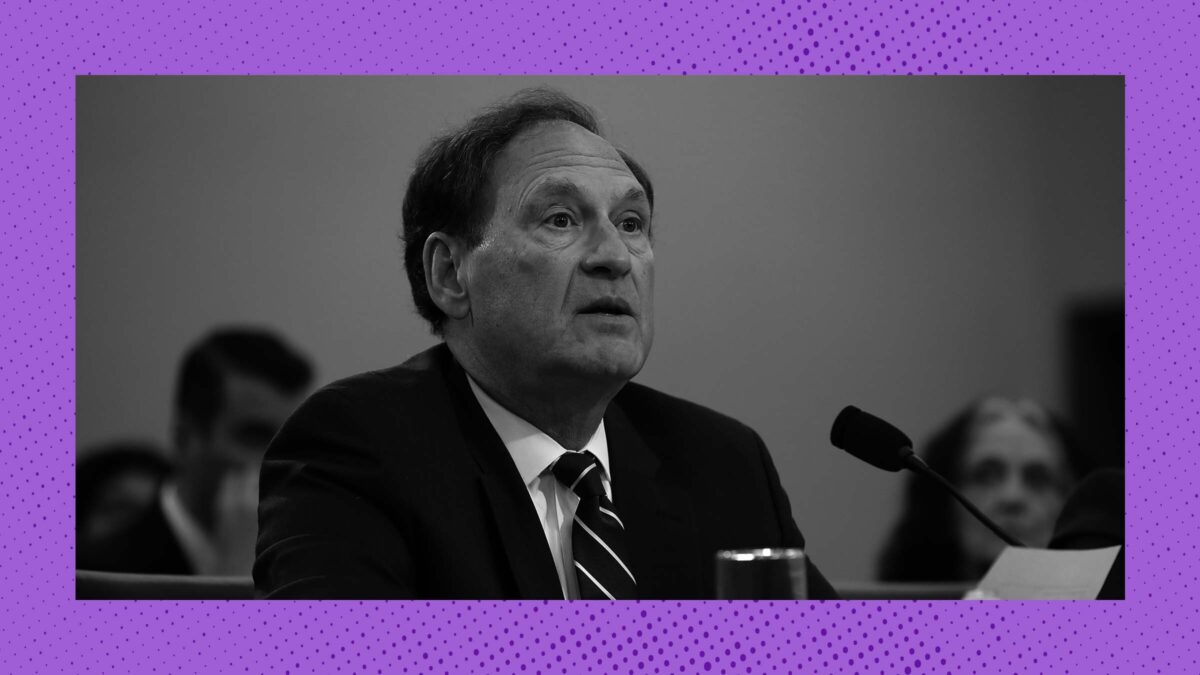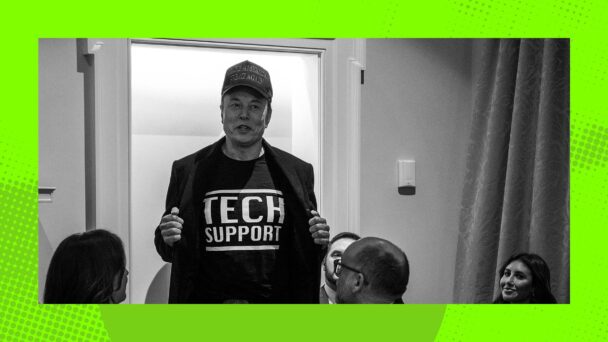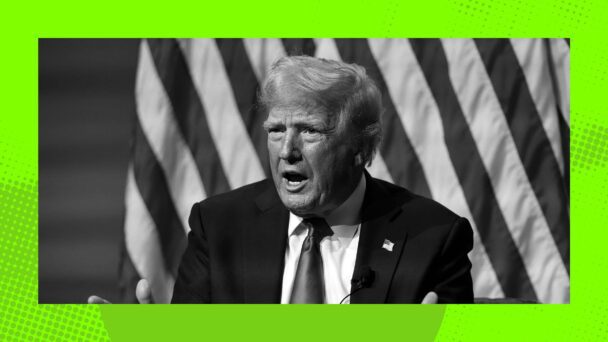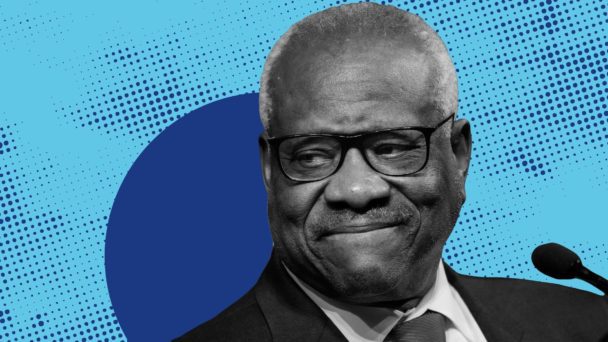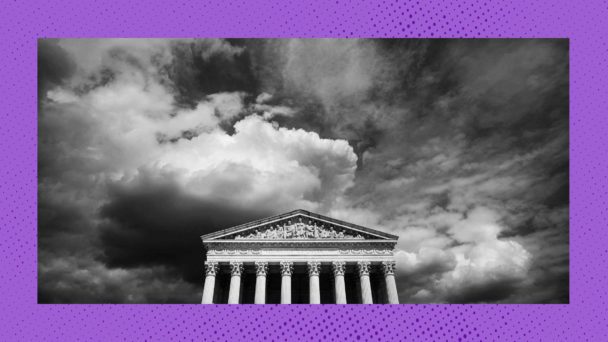Today, a five-justice majority of the Supreme Court rejected the Trump administration’s request to vacate a federal district court order directing it to release congressionally-appropriated funds owed for already-completed work, which the administration has illegally withheld for the past three weeks. In a dissent joined by Justices Clarence Thomas, Neil Gorsuch, and Brett Kavanaugh, Justice Samuel Alito voiced disbelief at the ideas that Congress can pass a law that binds the president, and that judges can enforce the law when presidents refuse to comply with it.
“Does a single district-court judge who likely lacks jurisdiction have the unchecked power to compel the Government of the United States to pay out (and probably lose forever) 2 billion taxpayer dollars?” Alito asked. “The answer to that question should be an emphatic no, but a majority of this Court apparently thinks otherwise,” he said. “I am stunned.”
Alito’s indignation reflects the dissenters’ shared view that the expansiveness of executive power depends on whether the president is a Republican and, more specifically, whether the Republican president is Donald Trump. Two years ago, when a Democratic president offered modest student loan relief under a law explicitly empowering the president to waive borrowers’ legal obligations, Alito was in the majority, holding that the president had exceeded his authority. When a Republican president wants to break a duly-enacted law that explicitly says how money must be spent, Alito says that doing so is the president’s prerogative.
At the center of this case is the U.S. Agency for International Development, which Congress created decades ago to fund humanitarian assistance abroad and build American soft power. Yet within hours of taking office, Trump signed an executive order instructing agencies to “immediately pause” disbursements of these funds pending reviews for “efficiency” and “consistency” with his foreign policy agenda. That same day, Trump issued an order to create a “Department of Government Efficiency” in order to root out wasteful spending, by which wealthy conservatives typically mean spending that doesn’t exclusively benefit them.
DOGE is led by Elon Musk, a wealthy tech executive who is, as a matter of constitutional law, a random asshole with no authority to override Congress. As a practical matter, Trump has allowed him to steal Congress’s power of the purse: Last month, Musk announced in a series of conspiracy-addled tweets that DOGE was “feeding USAID into the woodchipper,” characterizing the agency as “a viper’s nest of radical-left marxists who hate America.” A health nonprofit called the AIDS Vaccine Advocacy Coalition and other USAID funding recipients filed a lawsuit against the Trump administration challenging the freeze.
On February 13, the U.S. District Court for the District of Columbia issued a temporary restraining order blocking the government from implementing its “pause” on disbursements. On February 25, the court directed the government to at least pay for work that was already completed, and set a deadline for the overdue payments of 11:59 PM the following day. The Trump administration asked the Supreme Court to intervene, but after a brief stay, the Court denied its application to vacate the second order on Wednesday, much to Alito’s fury. “The Government must apparently pay the $2 billion posthaste—not because the law requires it, but simply because a District Judge so ordered,” he wrote. The dissent lamented the Court’s decision as a “most unfortunate misstep that rewards an act of judicial hubris and imposes a $2 billion penalty on American taxpayers.” This “penalty,” it again must be noted, refers to the way the body tasked with spending tax dollars decided those dollars should be spent.
Alito’s concerns about a court’s wrongful exercise of authority over the executive branch is particularly misplaced because the Court’s decision asks very little of the Trump administration. Only a sliver of the frozen funds are at issue in this case—specifically, money that should have been paid weeks ago, which would ensure that the government doesn’t stiff funding recipients for work they’ve already done. On top of that, the order quietly gives the government permission to slow-walk disbursements: Since it is now past the February 26 deadline, the Supreme Court’s order instructs Ali to “clarify” how the federal government should comply with its order and give “due regard for the feasibility of any compliance timelines.”
Finally, the Court’s order also minimizes the ongoing constitutional crisis by pointing out that Trump “does not challenge the Government’s obligation to follow” Ali’s original February 13 order, while ignoring that Trump and his allies haven’t been following the order in the first place. They have, however, been trying to normalize the idea of deliberately not complying with adverse rulings, and calling for the impeachment of judges who disagree with them.
Even so, for four of the justices, this is not enough. Under their theory, Trump should be unfettered: The budgets passed by Congress are meaningless, the contracts the government makes are meaningless, and the president’s whims can override anything contained within them. That’s not a president. That’s a king, and only a razor-thin majority kept the Supreme Court from crowning one.
